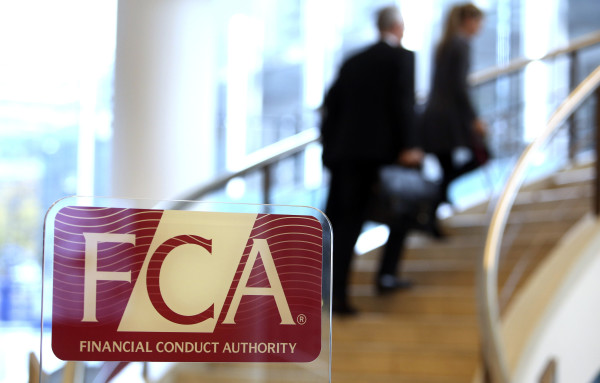

LCP has warned advisers to not turn to master trusts by default following a pension transfer, as the schemes may not be a suitable destination for the client.
Under new Financial Conduct Authority rules, from October advisers will have a duty to compare their recommended destination for a DB transfer with a workplace pension, commonly a master trust.
But analysis from LCP, published today (July 13), found a transfer from a DB scheme to a master trust may not be suitable, especially for large transfers and clients with complex post-retirement needs.
Due to this LCP warned advisers against using this new requirement as a box-ticking exercise, which might not provide the level of consumer protection intended by the FCA.
Philp Audaer, principal at LCP, said master trusts were designed to be a mass-market pension solution for companies to comply with auto-enrolment rules, not to receive large transfers from DB schemes.
Mr Audaer said: “The focus of most master trusts has been on the accumulation phase, with particular emphasis on the structure of the default fund which covers the vast majority of members.
“By contrast, someone transferring in a large DB pension may be looking for a wider range of investments and more tailored post-retirement options. Although the market is developing, relatively few master trusts currently offer this degree of equivalence.”
He added: “As a result, IFAs will often find it relatively easy to meet the FCA’s requirement to benchmark against a master trust and make a convincing case in support of their preferred investment option.
“This benchmarking is therefore unlikely to provide the degree of consumer protection envisaged by the FCA.”
Currently, most transfers are to self-invested personal pensions (Sipps) or other personal pensions while few transfers are to master trusts or other pre-existing workplace pensions.
The regulator has expressed concern that personal pensions come with multiple tiers of charges and may represent poor value which is why it has introduced rules to put pressure on advisers to justify the charges by comparing them against a workplace scheme.
LCP warned master trusts come with limited options and a host of requirements that members must adhere to.
LCP surveyed 13 master trusts on their approach to DB transfers.
It found the largest by membership, Nest, does not accept DB transfers at all while others accept transfers in provided that the transferring member already has a policy.
The surveyed master trusts also required evidence that the member had received advice from a qualified adviser as well as confirmation that issues relating to the member’s DB rights, such as equalisation of GMPs, had been resolved.
LCP also found that some schemes would not necessarily offer lower charges, even if a large sum was transferred in, highlighting that members may not always be better off cost-wise transferring into a workplace pension.
amy.austin@ft.com
What do you think about the issues raised by this story? Email us on fa.letters@ft.com to let us know.



